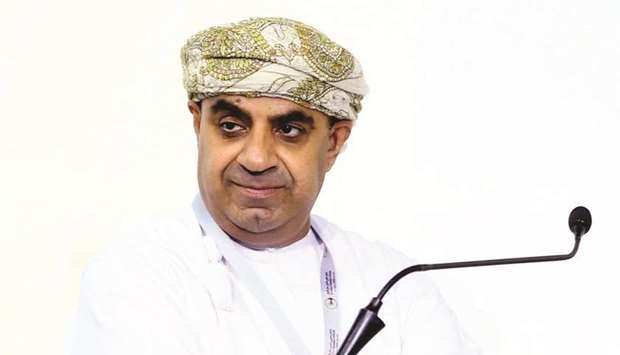Co-operation among GCC countries in seismology and earthquake engineering at scientific and governmental levels is essential to mitigate the risk of the impact of such natural calamity, according to professor Khalifa S al-Jabri, head of the Department of Civil and Architectural Engineering at Sultan Qaboos University in Oman.
Speaking at the opening of the 11th Gulf Seismic Forum yesterday in Doha, he said such co-operation serves as an opportunity to better understand the seismicity of Arabian Plate and neighbouring regions, avoid duplication, study seismic hazard assessment based on more reliable data.
Al-Jabri stressed that such collaboration will also serve as a platform for sharing of knowledge and experiences, as well as technology transfer, to monitor and assess seismic activities and mitigate the effects of natural disasters like earthquake.
“The co-operation will allow design of earthquake-resistant structures, and determine whether retrofitting is required for existing structures. It will foster capacity building of local human resources in seismology and earthquake engineering,” he said.
Al-Jabri was the keynote speaker at the opening of the forum yesterday on “The Need of an Integrated Scientific Cooperation Approach in the Field of Seismicity and Earthquake Engineering Between GCC Countries.”
He cited several other opportunities and benefits from such co-operation since real time seismic data exchange systems exist with most Gulf countries and due to the ability to fund scientific research and consultancy.
The professor stressed that disaster risk reduction requires investment in efforts toward achieving sustainable development goals, as well as a preparedness for catastrophic events in the future.
“The disastrous effects of natural disasters such as cyclones, and flash floods on the infrastructure in Oman have revealed serious deficiency in the urban planning strategies and practices in the country,” he said, adding that Oman is the most vulnerable country in the GCC to be impacted by natural disasters such as flashfloods, cyclones, earthquakes, and tsunamis.
Because of this, al-Jabri said Oman developed “very effective and efficient” early warning and crisis management systems before and during the disaster such as evacuation plans and procedures, and excellent co-ordination.

Professor Khalifa S al-Jabri speaking at the forum. PICTURE: Jayan Orma

